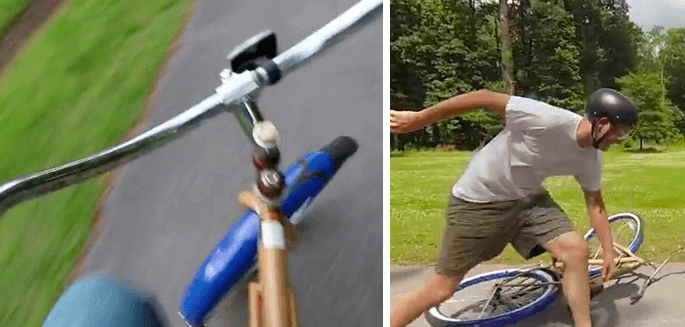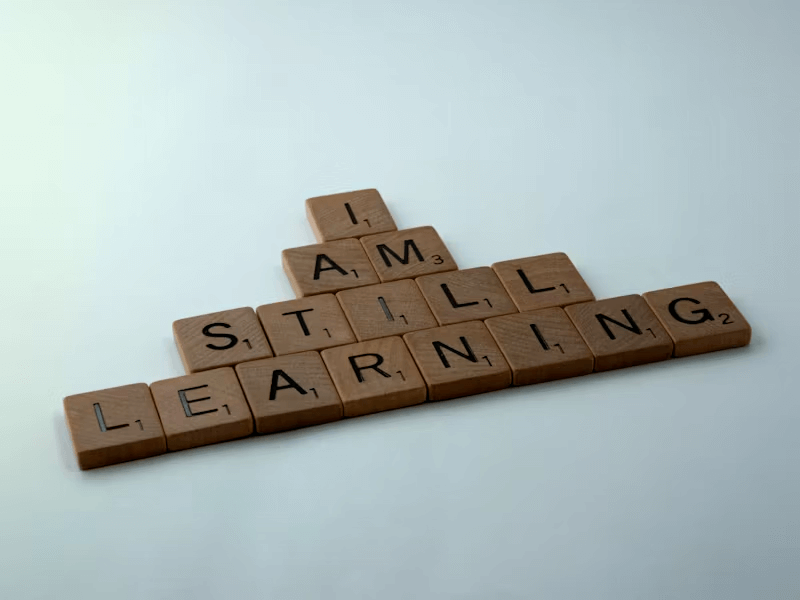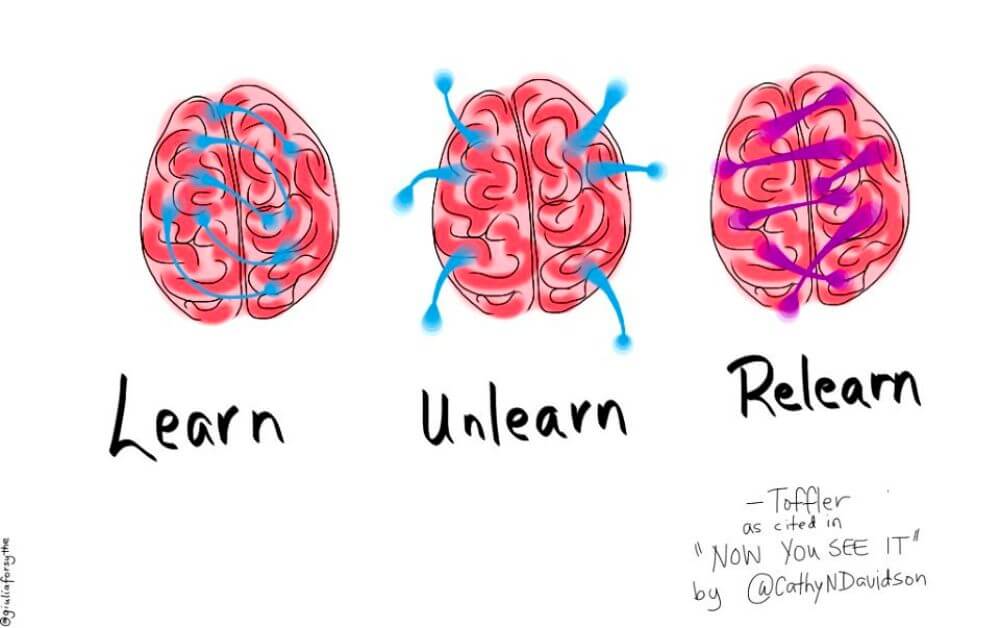Today’s insights are brought to you by my colleague and leadership thinker, Keith Coats.
History is littered with personal and corporate examples of those whose failure to read the future proved costly and in some cases fatal. We cling to our old ideas and beliefs, because they worked for us before, even when they are shown to be wrong or irrelevant in today’s world.
Eric Hoffer, an American moral and social philosopher, said, “In times of change, learners inherit the earth, while the learned find themselves beautifully equipped to deal with a world that no longer exists.”
Our stubbornness and unwillingness to try to learn are often cloaked in an arrogance that refuses to see a better way and an immovability to anything that isn’t “our way” or “the way it’s always been”. This stubbornness often masquerades itself as confidence, decisiveness, and as merely being assertive. All of these qualities are good things, right?
Well no… Not if they are serving to prop up stubborn old ideas!
As the 2020s have already shown us, things are changing rapidly and those who don’t keep up really do get left behind.
So, what can we do about this mental inertia, this stubbornness of old ideas, in order to be more adaptable and ready for tomorrow?
We need to be a bit bolder in reaching out, in exploring and in being more curious. We need to be willing to ask questions, explore the ‘why’ behind the behaviours and actions we don’t understand and listen more attentively – a listening to understand rather than to reply.
We can initiate experiments in learning, unlearning and relearning. These attempts become the ‘cognitive exercises’ that lead to us being future-fit.
In 2017 I taught myself to write with my left hand; in 2018, I started learning to ride a bicycle that had been reversed engineered.
This new, reverse-engineered bike moved counterintuitively – when you turn the handlebars left, the wheel turns right and when you turn the handlebars right, the wheels go left. I was inspired by Destin from Smarter Every Day, who did this experiment first.

I decided to take on this experiment out of this idea because I wanted to see what unlearning looked like in reality. I had to have a practical example. I had to teach my brain and my body to unlearn how to ride a bike and re-learn a new way of doing that.
Within this ridiculous experiment lies a profound lesson about unlearning, growth, and leadership.
Simply declaring new behaviours isn’t enough when it comes to unlearning deeply entrenched management and leadership practices. Our brains don’t obey our simple declarations. We actually have to practice unlearning. It’s an act of rewiring the neural pathways in our minds, and so we must exercise our brain through practice.
There are lots of fun things we can try in order to exercise and reshape our mental models and biases: we can initiate new conversations, read different books, see different films, seek different news sources, and change our routines to name but some of the ways we can do this important work. Whatever it is that we choose to try, we have to be persistent, even through stubbornness and discomfort, if we are truly to unlearn old ways of thinking and doing.
It was futurist Alvin Toffler who said that “the illiterate of the 21st century will not be those who cannot read and write but those who cannot learn, unlearn and relearn.”

Disruption and change starts with us. We need to shift from being reactionary to being willing to disrupt ourselves first, understanding this as an on-going process and lifelong endeavour.
By challenging our teams to do the same thing we can create and enable a collective appetite, energy and accountability for learning, unlearning and relearning. If our teams are practicing unlearning, and relearning, their collective effort is likely to spur them along and make the changes tangible. When we take these first tentative steps along this somewhat daunting pathway we are positioning ourselves to “read the future”.
Smart leaders understand that building the capacity for change – challenging and blowing-up the stubborn old ideas that refuse to yield is a key responsibility of leadership determined to be ready for tomorrow’s world. Smart leaders both accept and imbibe this essential work and also ensure that their teams do too.
Chat with us today if you’d like our team to help you and your team with this essential work…
About the author of today’s Tuesday Tip – Keith Coats
Keith Coats is a founding partner of TomorrowToday Global and leadership specialist. He is now based in Cape Town, South Africa having relocated from London towards the end of 2021. Keith works with blue chips companies and in multiple business school leadership programmes worldwide helping senior leaders prepare today for the challenges and threats of tomorrow…and sometimes, the ‘day after tomorrow’.
Recently Keith’s travel has included working throughout the UK, the USA, Saudi Arabia, Dubai, Abu Dhabi, Germany, Switzerland, Singapore, and of course, South Africa.


